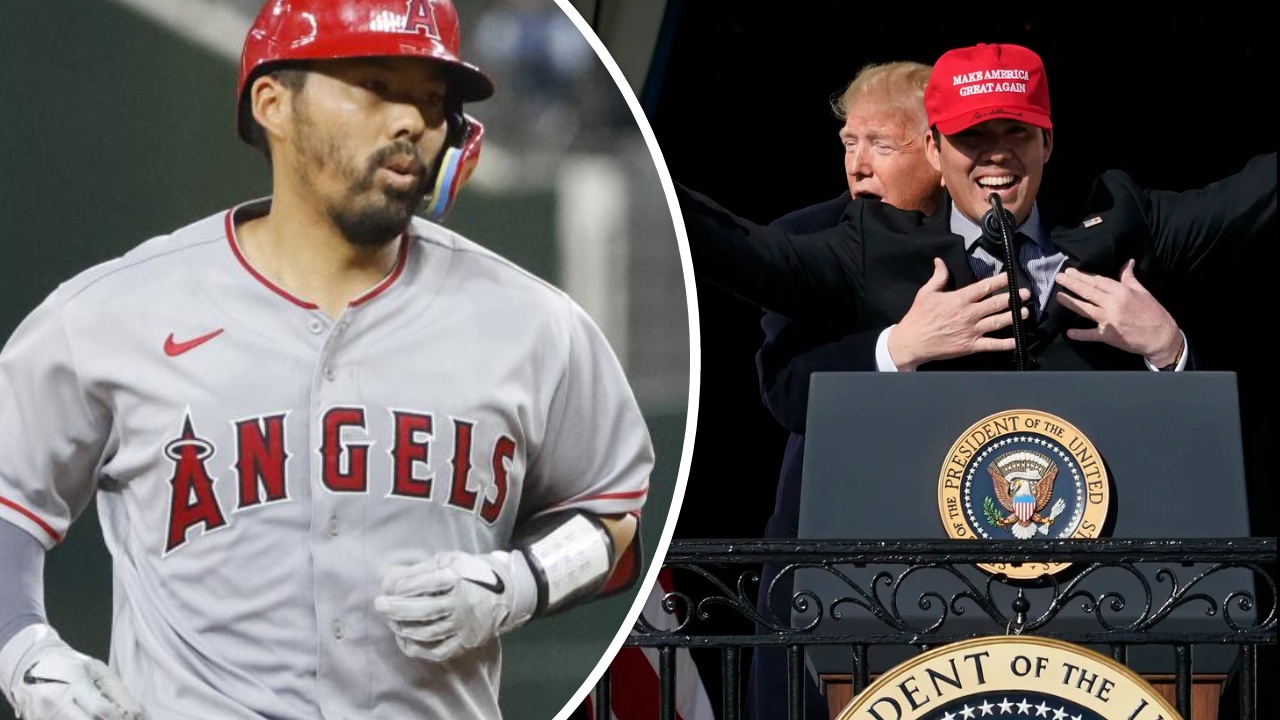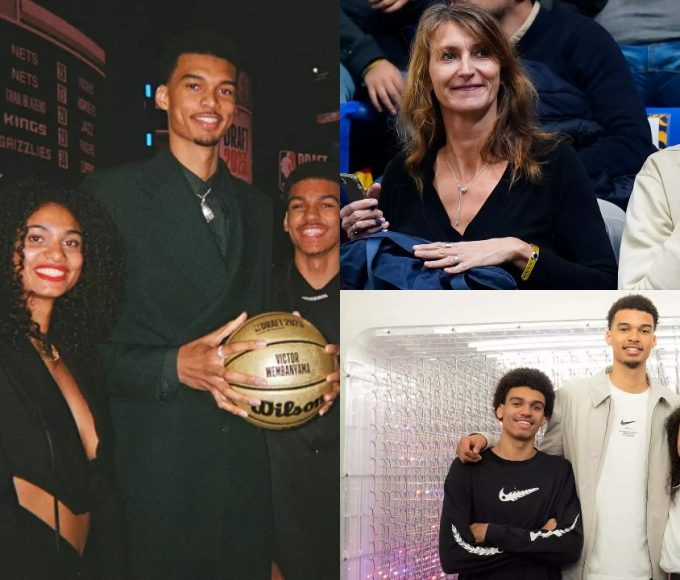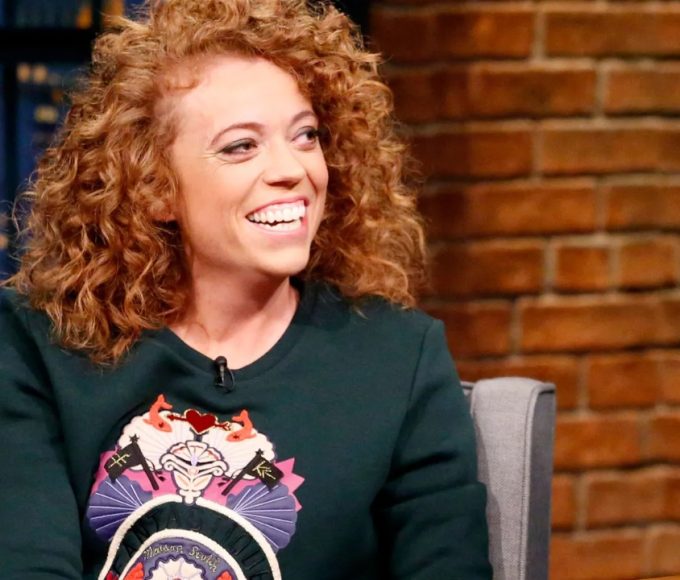On October 21, 2025, the Los Angeles Angels named former catcher Kurt Suzuki their new manager, a decision that has baseball fans talking not just about his on-field experience but also about a moment from his playing career that they won’t soon forget. Suzuki, a 16-year MLB veteran and World Series champion, is stepping into his first major leadership role. However, for many, his appointment immediately brought back the vivid and controversial image of him at the White House in 2019, wearing a red “Make America Great Again” hat while being embraced by then-President Donald Trump. This single event ensured that Suzuki’s name would forever be intertwined with one of the most polarizing symbols in modern American politics.
The conversation around Suzuki now exists at the intersection of sports, politics, and fandom. As he takes the helm of the Angels, some supporters are excited about his baseball intellect, while critics are reminded of his political gesture and what it represented. This article dives into that infamous day, explores the ensuing reaction, and considers what it means for a figure from a traditionally apolitical sport to have such a defined political moment.
You Might Like: Paul Ingrassia’s Roots: Italian Blood and Mystery Parents
The White House Visit That Changed Everything
The Washington Nationals’ visit to the White House in November 2019 should have been a pure celebration of their thrilling World Series victory. For catcher Kurt Suzuki, it turned into a defining moment of his public life. As President Trump addressed the team, he called Suzuki forward. The catcher approached the podium wearing a “Make America Great Again” hat, a gesture that prompted Trump to hug him from behind and declare, “I love him!” to the crowd.
In the highly charged political atmosphere, the MAGA hat is far more than a piece of campaign merchandise; to its critics, it is a symbol of discrimination and division, while to its supporters, it represents patriotism and a desire for change. Suzuki’s decision to wear it at an official event instantly politicized the Nationals’ triumph.
I love you all. Thank you Mr. President,” Washington Nationals catcher Kurt Suzuki says, putting on a “Make America Great Again” hat and prompting an awkward hug from Pres. Trump. https://t.co/35Zg7cQ9nU pic.twitter.com/3wmyPJdrAM
— ABC News (@ABC) November 4, 2019
The backlash from fans and commentators was swift and intense, particularly in Washington, D.C., a city that voted overwhelmingly against Trump. Many fans felt a profound sense of betrayal, seeing the gesture as an endorsement of policies and rhetoric they found harmful. One fan expressed on social media that it was “heartbreaking” to see a player “cozying up to a monster who hates people like me.” The moment was also awkwardly timed, coming just days after a massive and unifying victory parade, which, for some, felt like a sudden and unpleasant return to political reality.
Suzuki later told USA Today that he was “just trying to have some fun” and expressed frustration that “everybody makes everything political.” This explanation, however, did little to quell the criticism from those who argued that wearing the hat is an inherently political act.
A New Chapter and an Enduring Legacy
The recent announcement of Kurt Suzuki’s hiring as manager of the Los Angeles Angels has predictably reignited the debate surrounding his political leanings. Angels General Manager Perry Minasian has praised Suzuki’s “modern understanding of analytics and team dynamics,” indicating that the organization is focused squarely on his baseball acumen and leadership potential.
Yet, on social media, the discussion remains split between those excited about his coaching and those who cannot look past the 2019 incident, with some dubbing him the “MAGA Moron.” This division highlights a central tension in modern sports: it is increasingly difficult for athletes and coaches to separate their personal political expressions from their professional identities.
OFFICIAL: The Angels have hired Kurt Suzuki as the Club’s manager. pic.twitter.com/4ZrL2r6hJj
— Los Angeles Angels (@Angels) October 21, 2025
Looking ahead, Suzuki’s tenure with the Angels will be a fascinating case study. The central question is whether his leadership and performance on the field can eventually overshadow that single, potent political image. He now carries the unique distinction of being one of the few figures in baseball to have such a publicly defined political moment, a rarity in a sport that tends to value tradition and avoid the overt cultural and political engagement seen in other leagues.
Also See: George Springer’s Core Four: The Story of His Marriage
Whether he can “Make Angels Great Again,” as one podcaster quipped, remains to be seen. What is certain is that his story is about more than baseball; it’s about how a five-second moment can define a public persona, and whether a lifetime in the sport that followed can redefine it once more.












